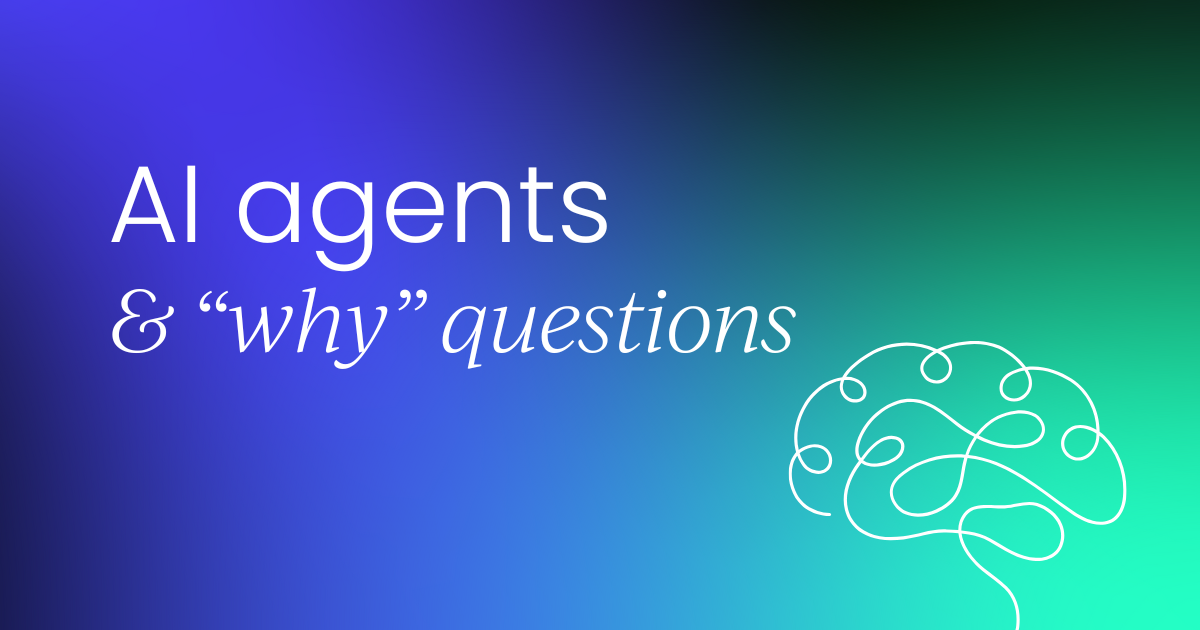GRPO Privacy Is at Risk: A Membership Inference Attack Against Reinforcement Learning With Verifiable Rewards
NeutralArtificial Intelligence
- A new study highlights the privacy risks associated with membership inference attacks on large language models, particularly in the context of Reinforcement Learning with Verifiable Rewards. This approach to training LLMs raises concerns about privacy leakage due to its reliance on self
- The implications of these findings are critical for developers and users of LLMs, as they underscore the need for enhanced privacy measures in AI systems that utilize RLVR. The introduction of DIBA aims to mitigate these risks by focusing on behavioral changes rather than memorization.
- This development reflects ongoing debates in the AI community regarding the balance between model performance and privacy. As LLMs become increasingly integrated into various applications, understanding and addressing privacy vulnerabilities is essential, especially in light of adversarial attacks and the ethical implications of AI deployment.
— via World Pulse Now AI Editorial System

